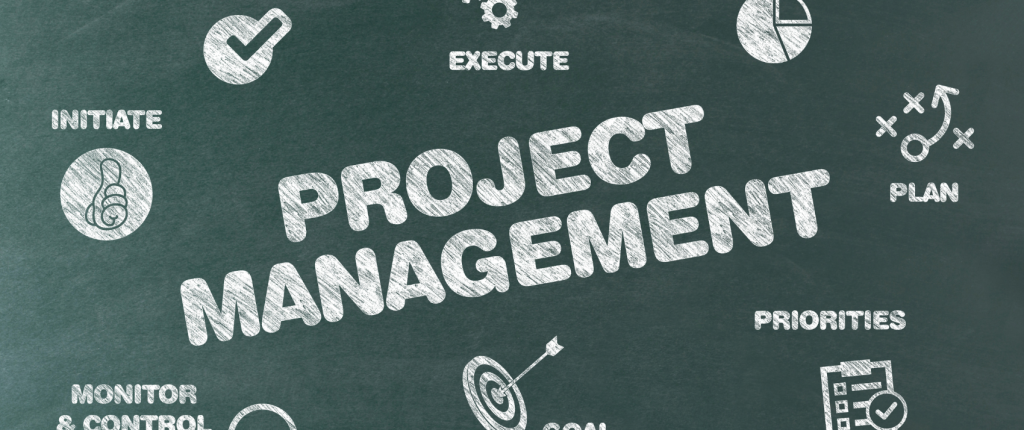Here are some ideas to help you conduct your own personal review of 2021.
Last year was an extremely challenging year for nearly all of us, and hopefully you enjoyed a break – even a short one – where you could de-stress, re-charge and begin the new year fortified with energy and purposeful direction.
The beginning of a year is also an excellent time to take a backward look at what we have achieved over the course of last year. We can objectively reflect on what has worked and what has not worked. Leaders regularly make use of reflection and review as a form of self-coaching. The insights and connections made in this process set them up for greater future success.
Here are some ideas to help you conduct your own personal review of 2021.
Make the time
Set aside time for your review. You will need a private space to focus on the past year. It cannot be done while driving the family to a picnic, or while you are tidying up the garage. You need a quiet period to do your reflection, away from intrusions and interruptions.
Draft a month-by-month timeline, from January to December. List your activities and achievements. Be specific. Highlight the difficult periods. When were the crises? Be specific in mentioning progress that is relevant to the business and your team. This is the canvas against which you will do your review. It’s best not to rush through it. This sort of self-evaluation is a way for you to get a deeper understanding of what you were accomplishing when you weren’t directly supervised.
Review the timeline and have a dialogue with yourself. What were your biggest contributions to your organisation? What came together to deliver that extra value? What were your biggest disappointments? What was the context that gave rise to your not being able to deliver what was required?
Put a value on what you have done
It is helpful to put a quantitative value to your achievement, even if it is an estimation. Increased sales. Additional revenue. Cost savings. Items produced. Customer issues successfully dealt with. A number is a tangible expression of your impact on the business.
Once you have captured these achievements (or otherwise) take a moment to ponder on the greater significance of your achievement. What did it matter? What was the effect? What was exceptional?
Take a moment to acknowledge your contribution to yourself. Allow yourself to feel good about what you have done. Even if your boss doesn’t see it the same way you do. That self-recognition will set you up for a great start in the new year.
Areas for improvement
An annual self-assessment is a great way to confirm your achievements. But it should not merely be a list of sunny accomplishments. Understanding your areas for improvement is an opportunity to identify skills you would like to learn or ideas you would like to execute next year. You may not have been successful because of insufficient resources or funding. Your shortfall may be because of the inexperience or lack of skill in your team. But most of all, honestly understanding your personal areas of development will be where you grow most as a leader and as a manager.
Use this as an opportunity to do an impartial self-appraisal of your skillset. Start by honestly answering these questions:
What could I have done better last year?
What are my strengths?
What are my weaknesses and how can I improve on them?
Where can I take personal initiative and become a stronger employee who contributes more this year?
Be honest
Have an honest conversation about what did not go as well as it should have and what your role in it was. Was it a lack of skill? A poor attitude? Did you have difficulty relating to another employee? An inability to execute and closeout on projects? Were you held back by an insufficient operational understanding of marketing or finance? Blaming a lack of achievement on a lack of resources is a lame excuse. Leaders come up with alternatives to overcome barriers such as a lack of resources. That is why leaders must lead.
Your honest self-evaluation can also be a means to show that you are moving forward from past mistakes. If you and your manager both know about a particular setback last year, it’s better to own how you learned from it. It shows you are holding yourself accountable.
And when assessing the reasons for sub-optimal performance, don’t blame Covid for your setbacks. We have all had to deal with it, and it has been a fact of life. It is not an excuse. It’s how you rose above the challenge of Covid, that will commend you to your supervisor.
Your career plan
This is also a great opportunity to review your career plan. Are you on track? Are there developmental opportunities to improve your performance, enhance your skills and set you in line for that next promotion? What personal training courses should you be negotiating for yourself for the new year? Link your achievements, your proposed training and learning activities to the impact you will have on the business.
Setting up for the new year
As you complete your reflection, a plan of action should emerge. You will want to discuss some of your ideas with your supervisor in the first week or two of the new year before things get crazy-busy. Couch that conversation in a way to show that you are moving forward in the interests of the organisation. Ensure that your supervisor understands what your contribution has been and that your plans for the business will enable you to perform even better.
A careful assessment of 2021 will position you for an exceptional 2022!
Happy New Year!








